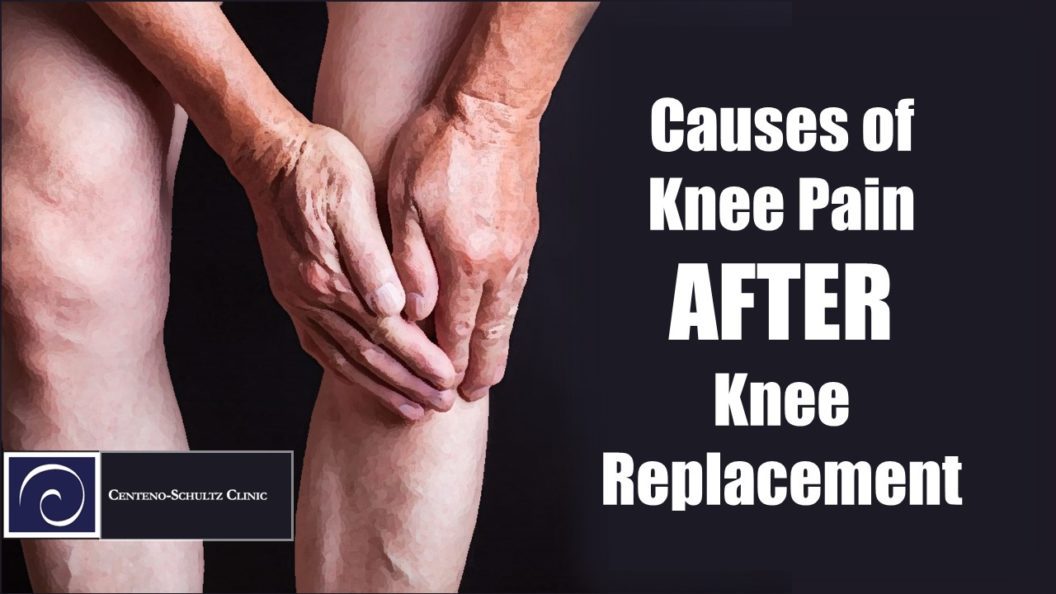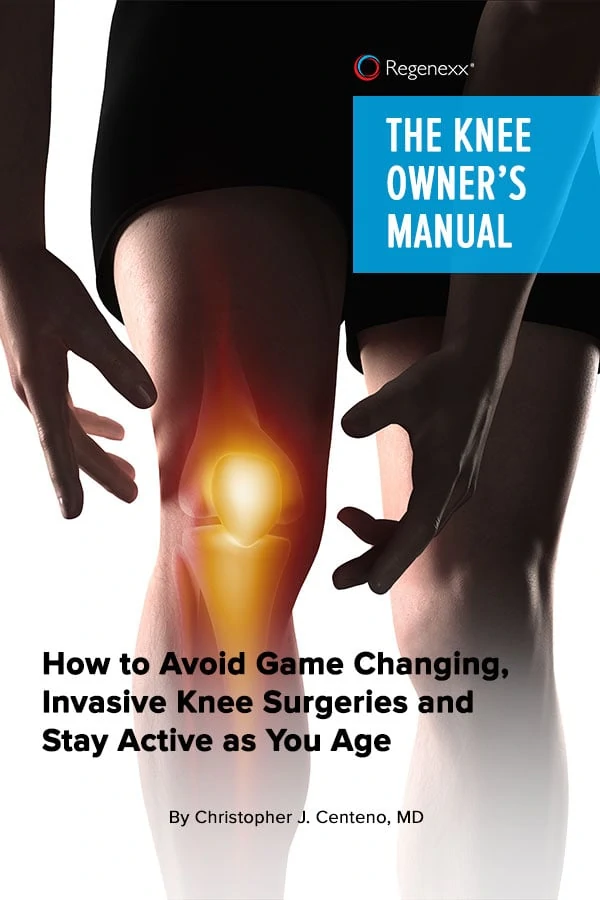Knee pain in patients with knee arthritis can become quite debilitating at times, affecting function and quality of life. It’s understandable that if your doctor determines the solution is a knee replacement for knee pain and is offering you a shiny, brand-spanking-new knee and you’ve lived with pain for a long time, you might be tempted to take the leap and get a knee replacement.
However, based on study after study, in a high percentage of cases, knee replacement doesn’t always relieve knee pain. Why? Let’s take a look at a few issues you need to be aware of when considering a knee replacement for knee pain.
Your Back May Actually Be Causing Your Knee Pain
If you also have pain in your low back, this is an indication that your back could be causing your knee pain. One study found that 54% of patients who’d undergone knee replacement also had low-back pain, and those patients had poorer knee function and more knee pain following their surgery than those who didn’t have back pain. How could this happen?
The nerves that branch off of the spine in the low back supply the lower limbs all the way from the hip to the toes. Any structure along that nerve branch can be affected by an irritated nerve in the lower back. Knee pain, even with arthritis, can be a result of a problem in the lower back, and if it is, a knee replacement for knee pain caused by your back, isn’t going to fix the low back or eliminate knee pain.
In addition, just because you aren’t experiencing low-back pain, this doesn’t mean your knee pain can’t be due to a problem in the back. The problem in the low back doesn’t always present as back pain; it can present as knee pain, hamstrings tightness, or even bunions in the feet. The key point here is that it is imperative that before you sign off on a knee replacement you make sure the knee pain isn’t actually rooted in your back.
Chronic Knee Pain Is Common a Year After Knee Replacement
A year after knee replacement, one study showed that at least 40% of patients still had pain. And while the average pain score was 3 out of 10, some were as high as 5 out of 10, which isn’t much different from pain levels prior to surgery. Additional studies have shown even greater numbers of patients with continuing chronic knee pain even three and four years after their knee surgery, some with severe knee pain. There are multiple studies at the link above showing ongoing knee pain after knee replacement.
Want to Get Back to What You Love, Without Surgery and Medication?
Nearly Half of Patients Will Start Pain Meds Within a Year of Surgery
If knee replacements for knee pain are really addressing pain, we should see very few patients still needing pain medications after a knee replacement. However, one study found that nearly half of knee-replacement will be taking pain meds within a year following surgery, and about 6% of these were narcotic pain medications, such as opioids.
In addition, those who took opioids within the two years prior to knee replacement are at greater risk for pain following the surgery. Why? Opioids seem to wreak havoc on the pain signals in those with chronic pain, creating inflammation and actually amplifying pain.
Allergies to Anything Can Mean More Pain After Knee Replacement
If you have an allergy to anything, it’s a good idea to rethink the knee replacement. Just being someone who is allergic seems to increase the risk that you will have an allergy to the materials that are used to create your artificial knee. Of course, if you know you have an allergy to metal, a knee replacement would certainly be ill-advised. Allergies to the artificial joint will not only keep your immune system in attack mode, which will keep the knee chronically inflamed and in pain, but it could also lead to failure of the procedure.
Younger Patients Have More Pain
You might think, if you’re younger (55 or under) you must have a better chance of positive outcomes following a knee replacement, after all, you have youth on your side. However, the research hasn’t shown this to be the case. In fact, the opposite seems to be the standard for younger knee-replacement patients.
Younger patients are more likely to have more pain following the knee replacement. Adding fuel to the fire, since younger patients experience more pain, they are also prone to using more drugs (e.g., analgesics, nerve drugs, narcotics) to attempt to relieve the pain. Yet younger and younger patients are getting knee replacements. In addition, one study found very high revision rates even in partial knee replacements in younger patients, with 15% needing a revision within five years.
So is it possible you could be pain free after you recover from this operation? Sure, but is it worth undergoing highly invasive knee surgery that may not even be necessary to find out? Even with severe bone-on-bone knee arthritis, there are regenerative-medicine solutions, such as stem cell injections, that may be able to address your knee pain. Also an interventional orthopedic physician will determine if your back might be the true culprit, and, if so, treat your back as well.

